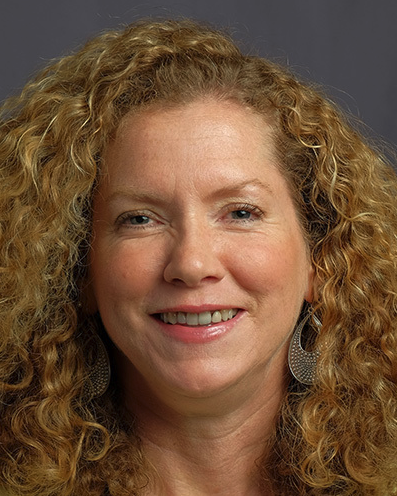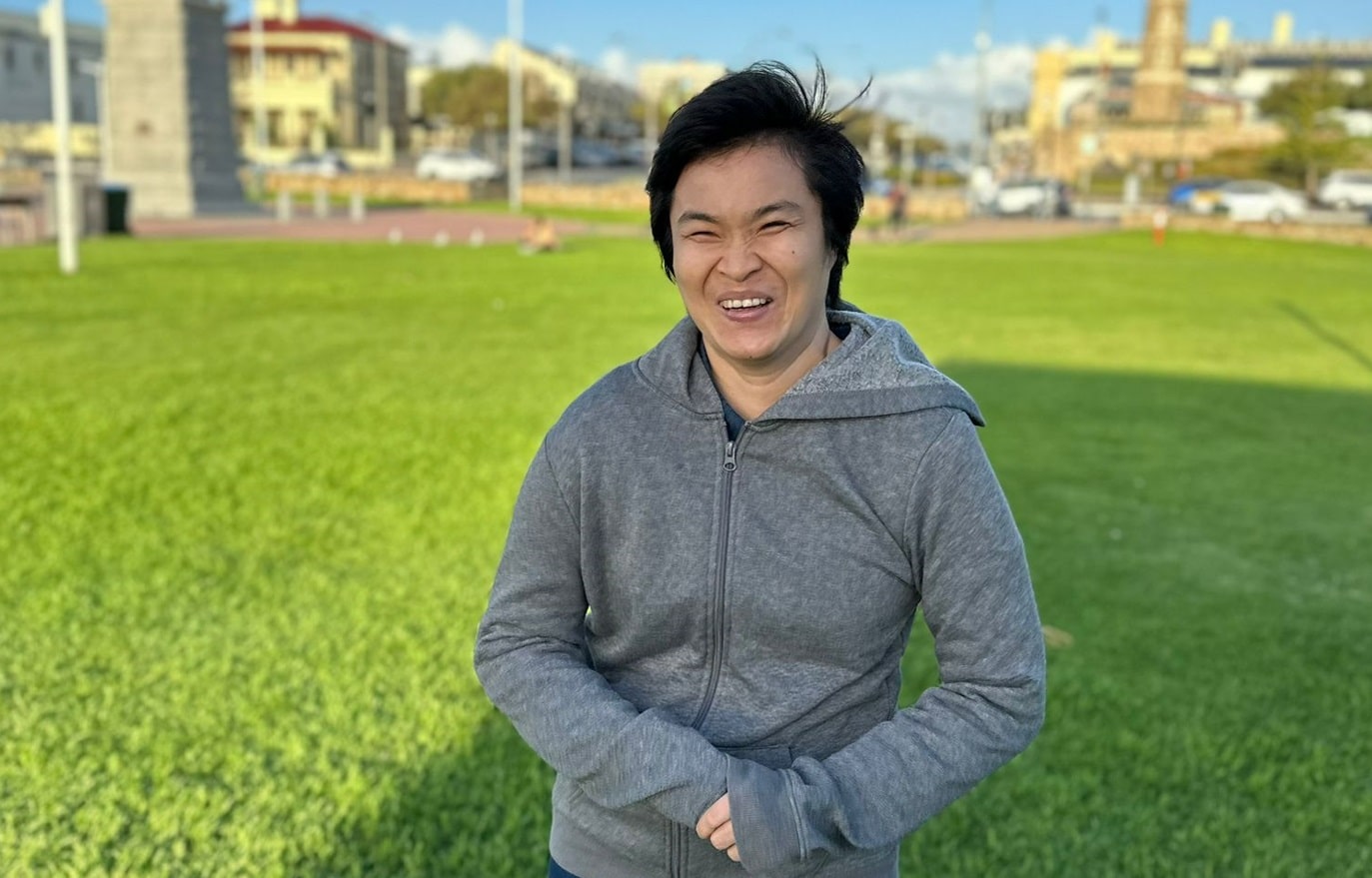
"While my appearance is ordered, I am just as distorted and damaged on the inside, confused, and in need of care and oversight because of my disabilities," writes the author. Photo by Kelvin Ang on Unsplash.
During a recent stint on jury duty, I had the unique opportunity to ride to and from the courthouse on public transportation – the Metro bus. I say unique opportunity because public transportation affords one exposure to the wide variety of people who live in the city and who make their way around its bustling streets and byways by taking the bus.
In fact, a wide gamut of society rides together crammed on the Metro bus. Business people hurry to get to work, multi-tasking laptop, cellphone, and paper folders full of projects and to do lists. Students rush to get to school sequestering themselves from the world of the bus by burying their heads in books or tuning into their iPods. There are also many homeless individuals who ride the bus in the “free zone” downtown back and forth between stops, affording a movable shelter from the cold.
I suddenly identified with these disabled individuals — I realised that I am just like they are.
Sheer observation of this dynamic diversity was often the extent of my thoughts as I rode.
One morning, a group of developmentally disabled students from the local high school got on the bus with me. I tried to engage in light conversation with the few who sat down next to me, asking where they were going in the city.
One young woman just stared at me blankly; another, perpetually talking about absolutely everything and nothing at the same time, tried to engage me, but not with an answer. Two other young men simply looked at me, offered a vacant smile, and then returned to fiddling with objects to keep their hands and minds occupied.
Identifying with another person
As the bus moved forward towards the next stop with our unique human cargo, I was overcome with emotion. I wasn’t crying because I felt sorry for these disabled students or worried about their quality of lives – although I do and I did that day.
I was overcome with emotion because I suddenly identified with these disabled individuals. Though I appear “able” … I realised that I am just like they are.
They are not so different from me nor am I from them.
I have experienced grief in my life that has left me profoundly broken in spirit.
As a result of this experience, there are times that I ramble on filling the air with meaningless pieties or pronouncements. Or I offer nothing but a blank stare when I should offer words of comfort.
While my appearance is ordered, I am confused and in need of care because of my disabilities. Though they mumble meaningless phrases or say nothing at all, they are not so different from me nor am I from them.
It was this kind of profound identification with another human being – recognising that though we appear different on the surface we are related to one another – that prompted Jesus to tell a parable about two debtors.
In need of forgiveness
As he was dining with religious leaders, a woman had interrupted their festivities by washing Jesus’s feet with her tears and with the finest perfume. Incensed because of her intrusion and asserting his own self-righteousness as one of the faithful, a religious leader remarked to himself that if Jesus was any sort of a prophet he would know what sort of person this woman is who is touching him and that she was a sinner.
It is so easy to cease understanding that one needs the same mercy as the poorest soul or vilest offender.
In the parable Jesus then tells, a moneylender had two debtors. One owed a large amount of money and the other a small amount. Both debtors were unable to repay their debt. Yet the moneylender graciously forgave both of them their debts. Jesus asked the religious leader, “Which of them therefore will love him more?”
The religious leader answered, “I suppose the one whom he forgave more.”
The religious leader answered correctly; yet did he understand that he was a debtor in need of forgiveness? Did he understand that he was just like the sinful woman who anointed Jesus feet with her tears and with the finest perfume? We are not told.
Needing mercy, equally desperately
But later we are given another story of a religious leader and a tax collector who go to the temple to pray.
We share a need for mercy just as we share DNA.
The religious leader thanks God that he is not like other people: swindlers, unjust, adulterers, or even like this tax collector. The tax collector will not even lift his eyes, but beats his breast and cries out: “Have mercy on me, the sinner.” Jesus argues that it is this man who goes down to his house justified rather than the one who believes himself to be religious (Luke 7:40-50; 18:9-14).
It is so easy, if one counts oneself among the “faithful” – regardless of religious affiliation or tradition – to cease understanding that one needs the same mercy as the poorest soul or vilest offender.
Just as I was reminded of the true state of my soul as I was encountered by the profoundly disabled students, so these stories of Jesus remind those with ears to hear of our shared identity and our profound need.
We share a need for mercy just as we share DNA.
This article was first published on A Slice of Infinity, a ministry of Ravi Zacharias International Ministries, and has been republished with permission.
Beyond access ramps, “Let Us Consider” how to truly include the differently abled
Reflection and Discussion
- Which areas in your life do you need the mercy of Christ to sustain you?
- What is the state of your soul today? Is there room for Christ and His mercy to flow through to others without judgment?
We are an independent, non-profit organisation that relies on the generosity of our readers, such as yourself, to continue serving the kingdom. Every dollar donated goes directly back into our editorial coverage.
Would you consider partnering with us in our kingdom work by supporting us financially, either as a one-off donation, or a recurring pledge?
Support Salt&Light



